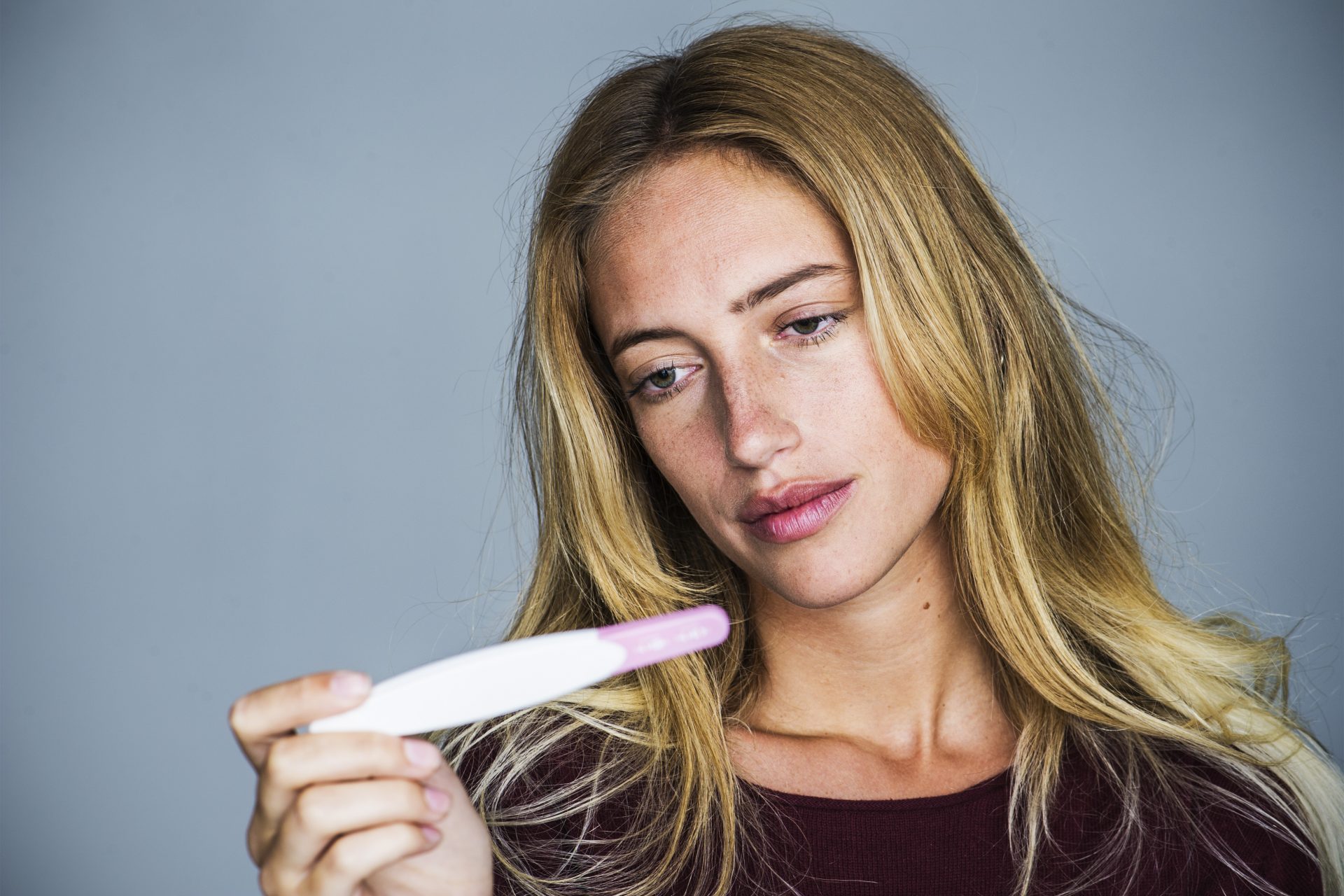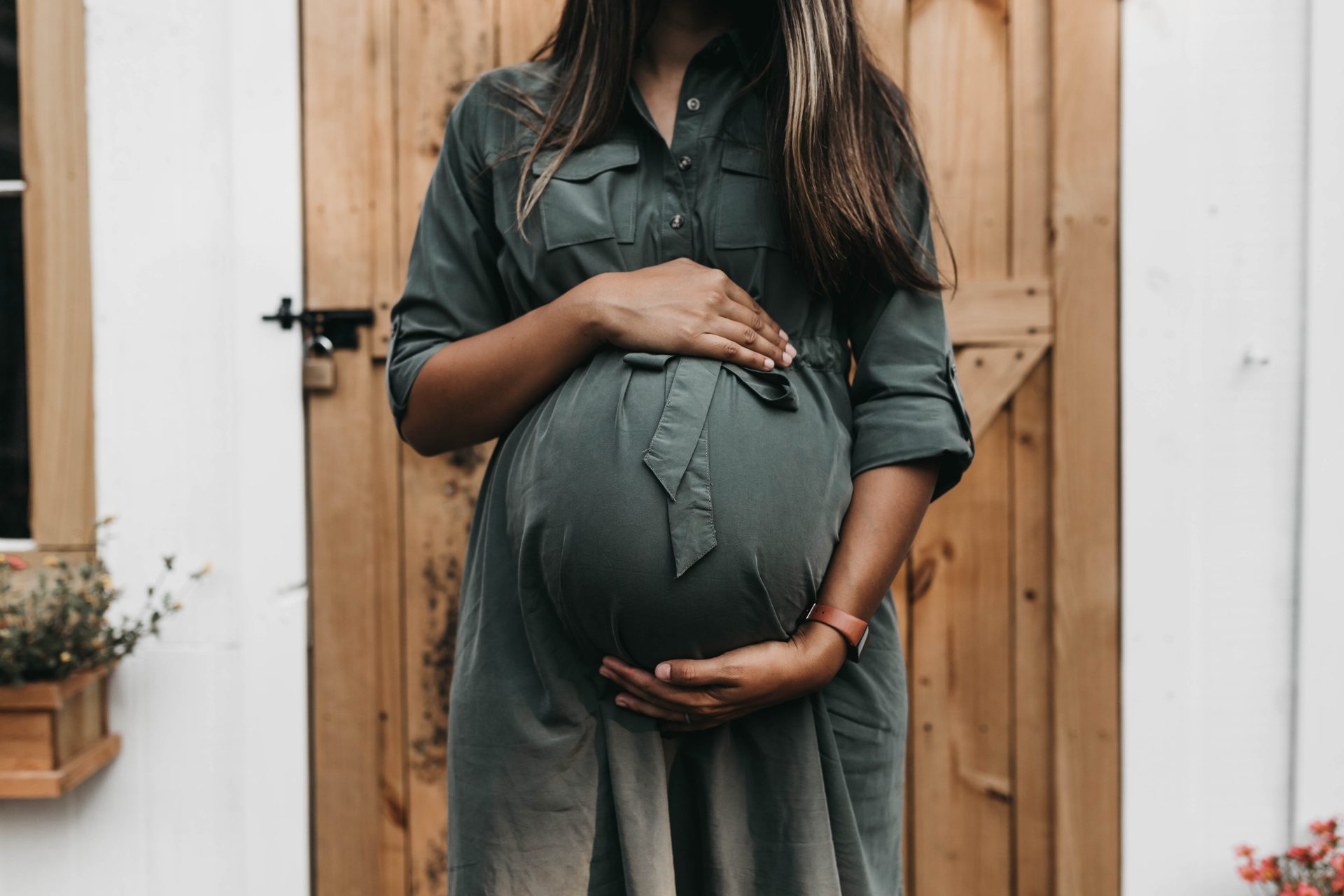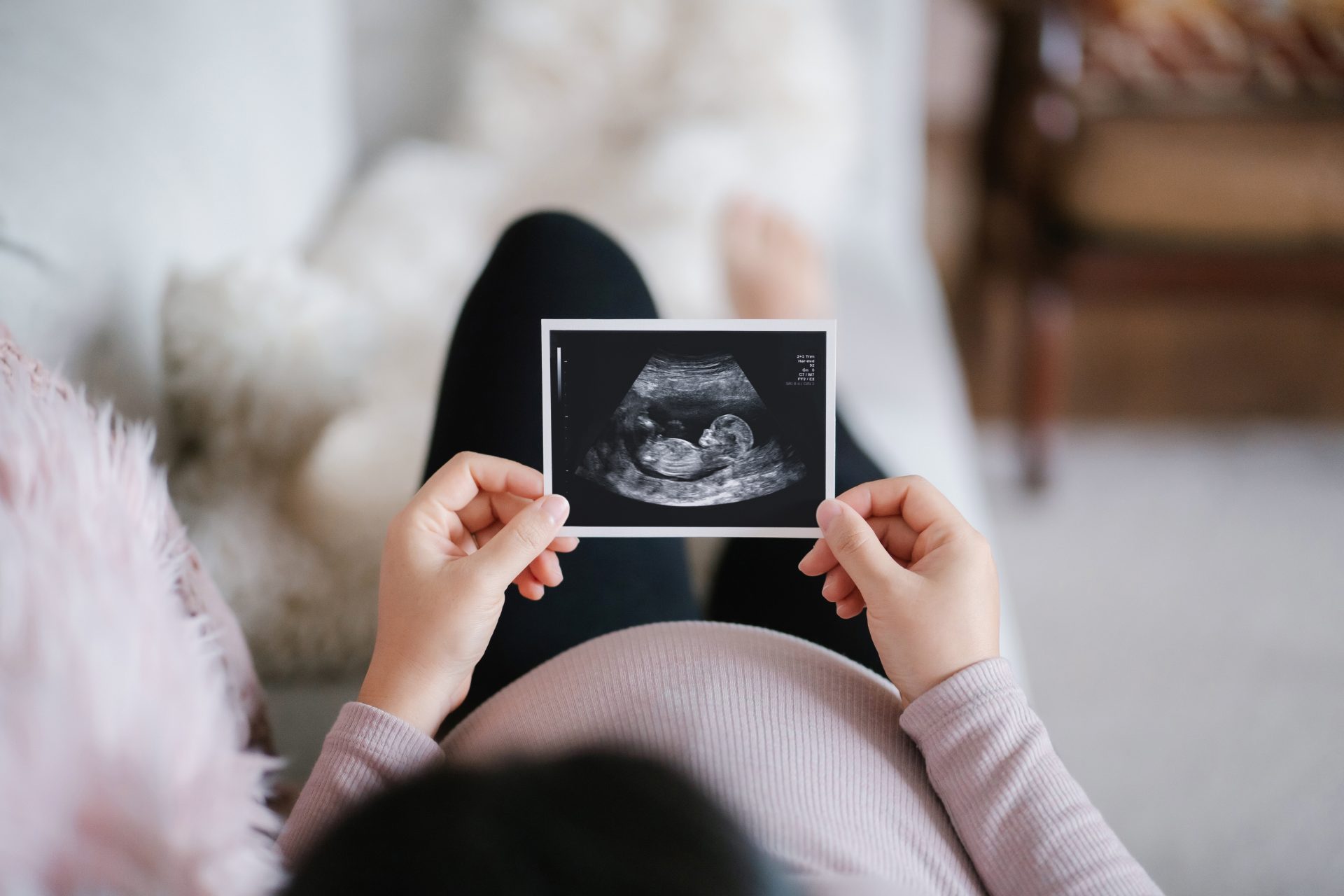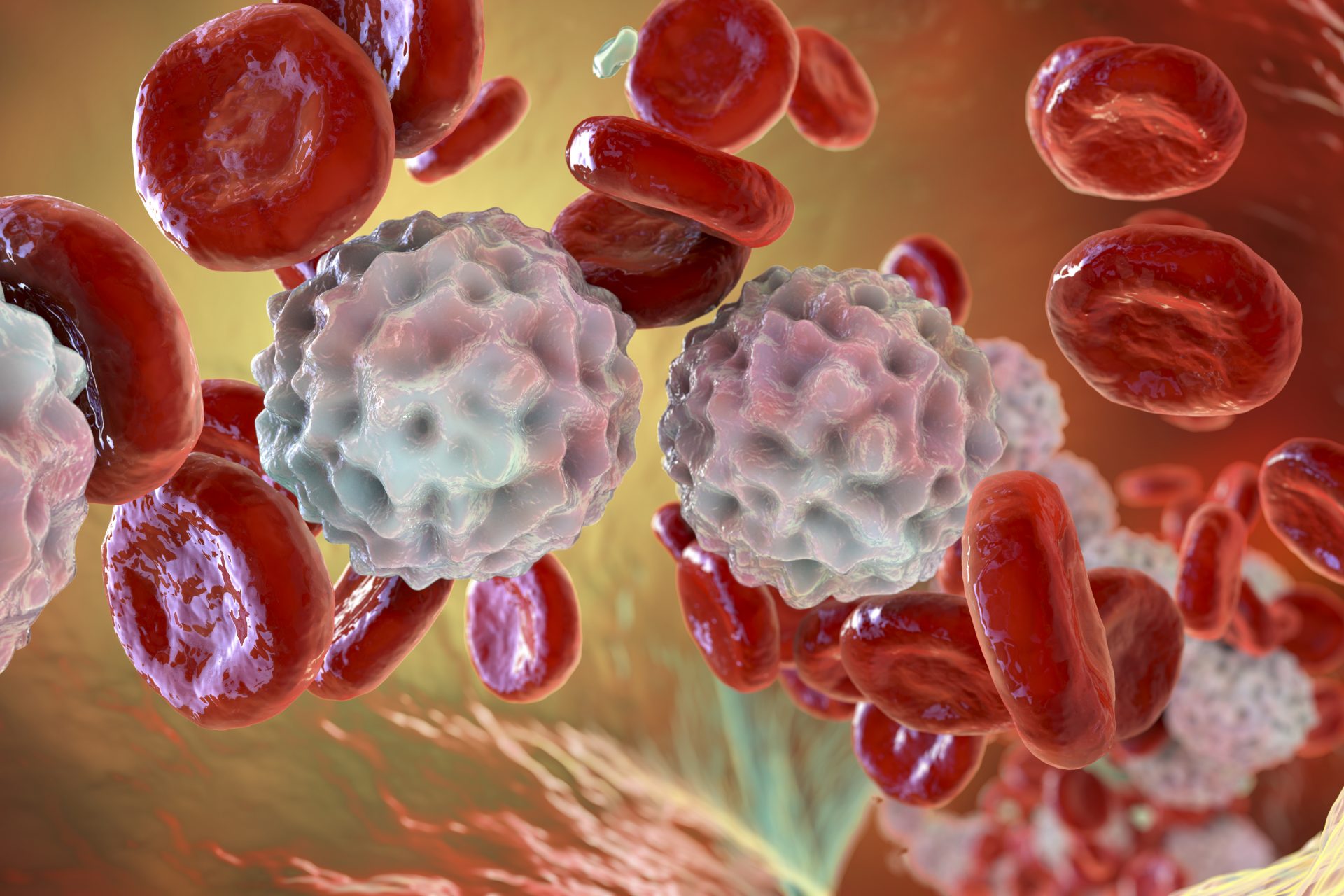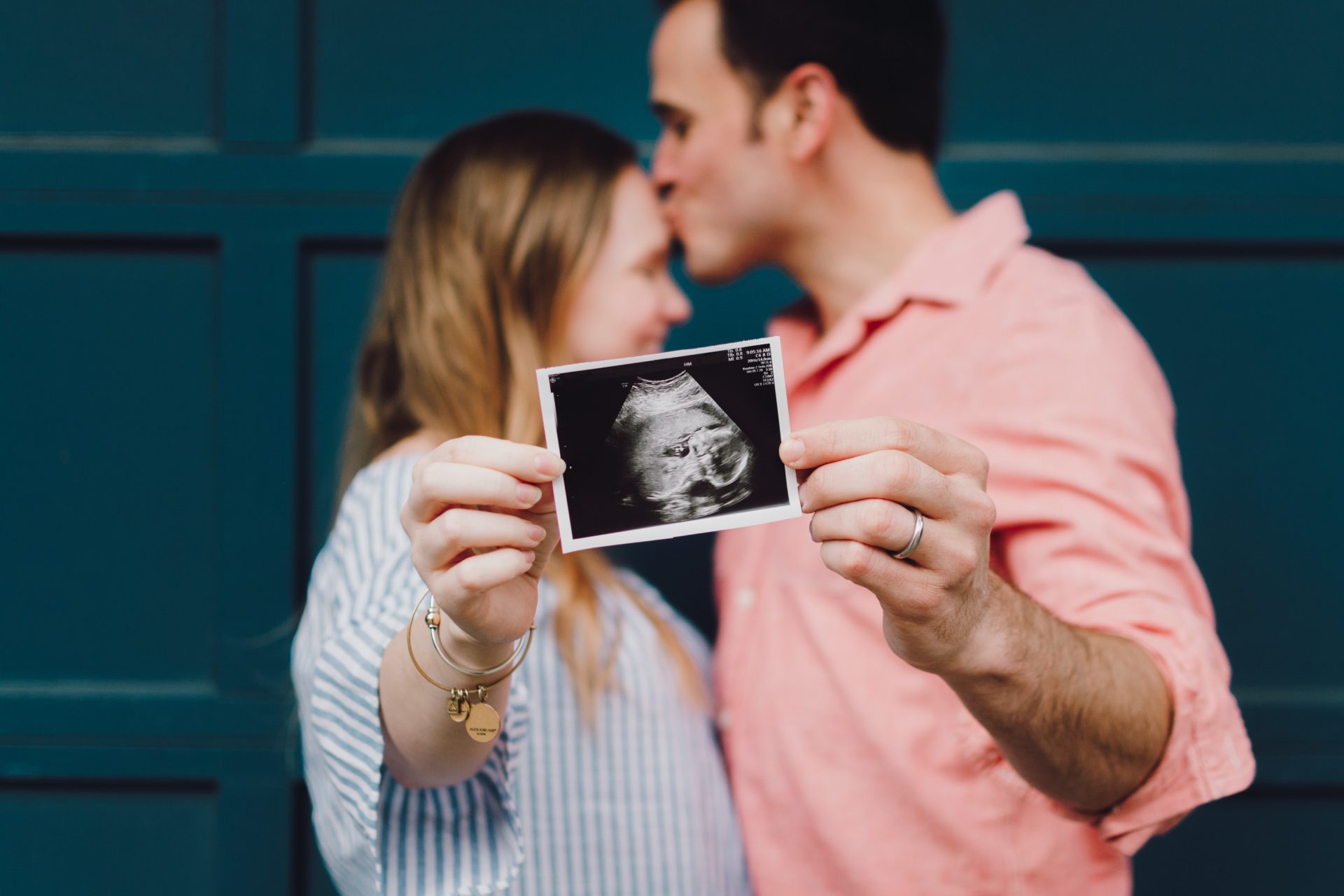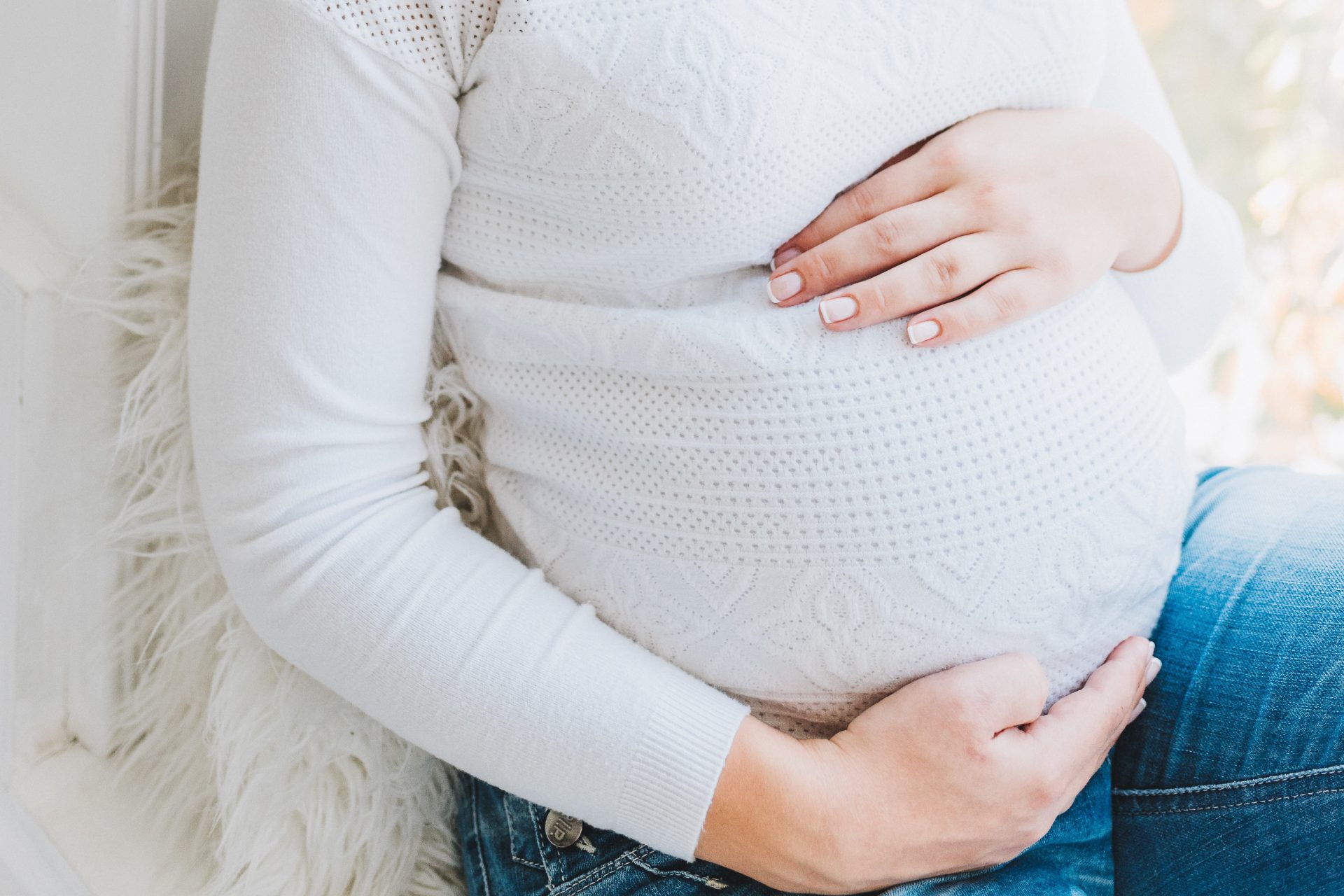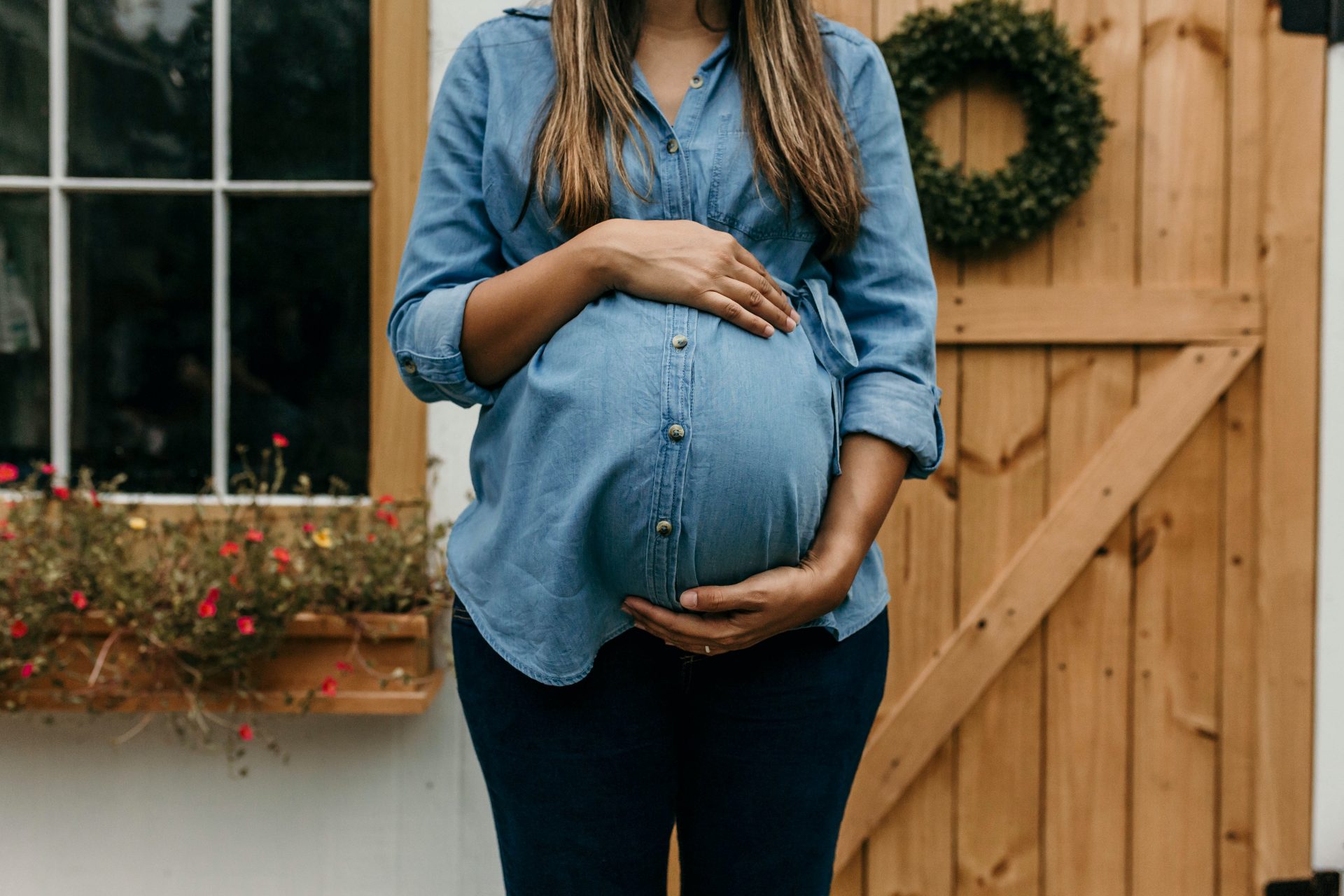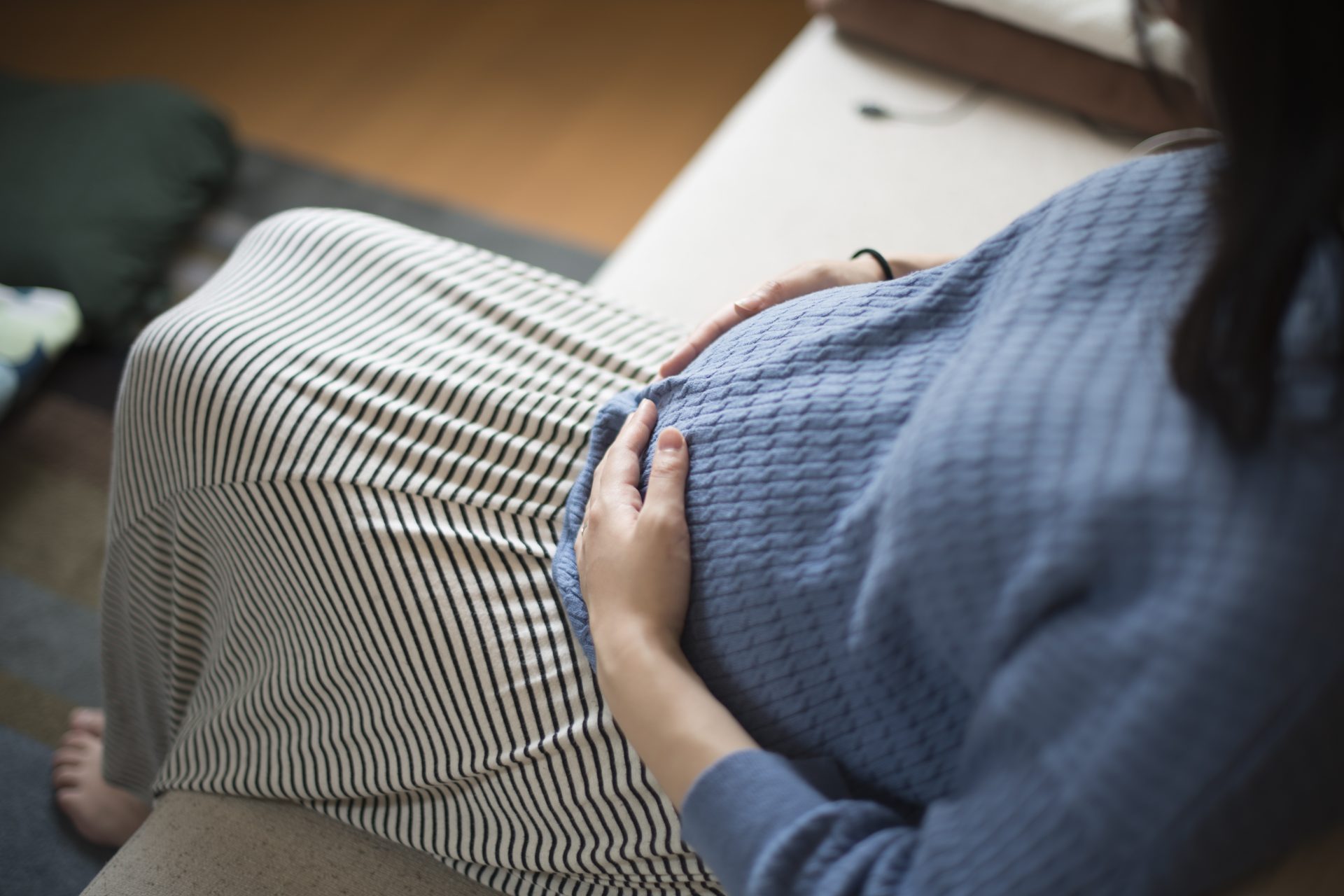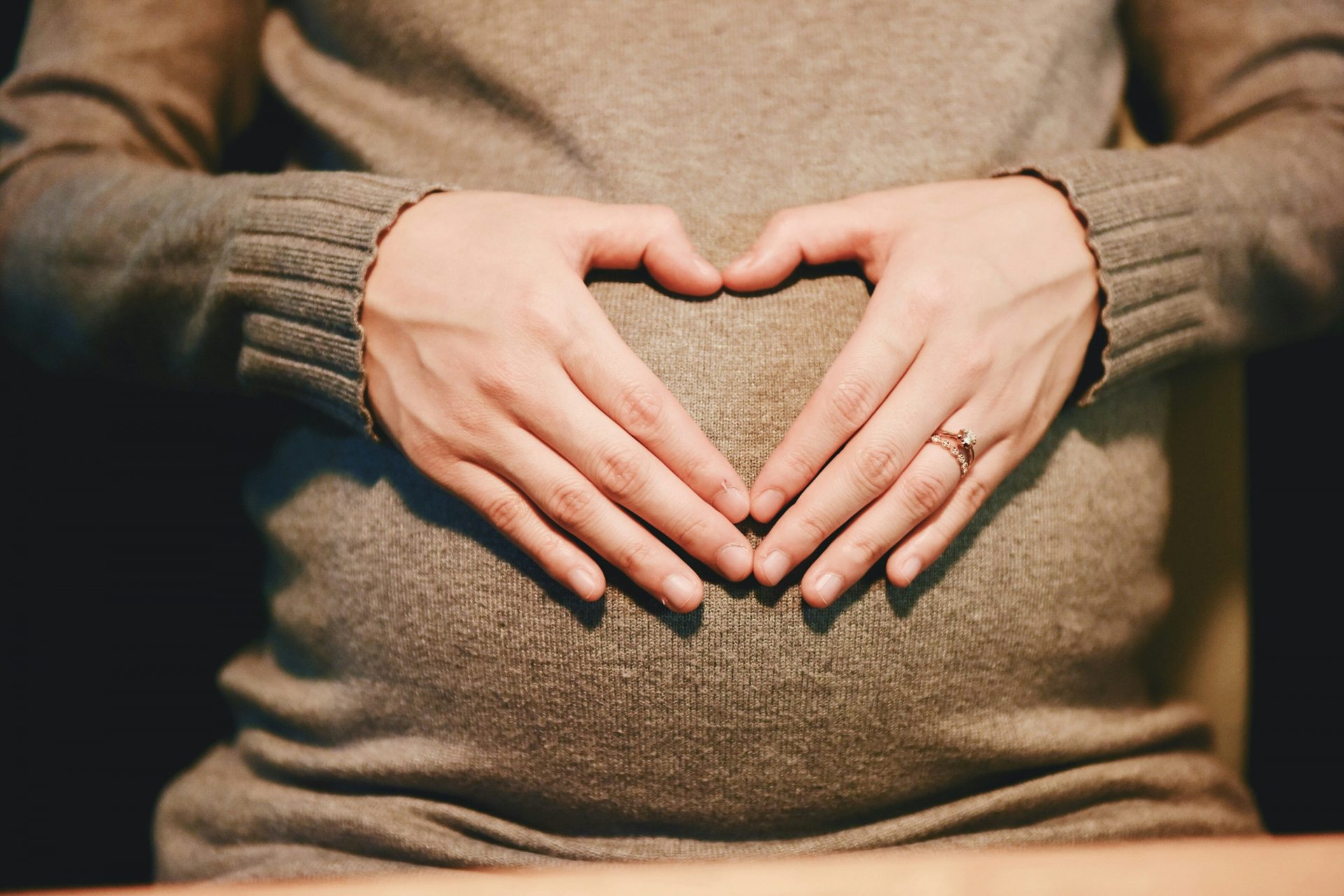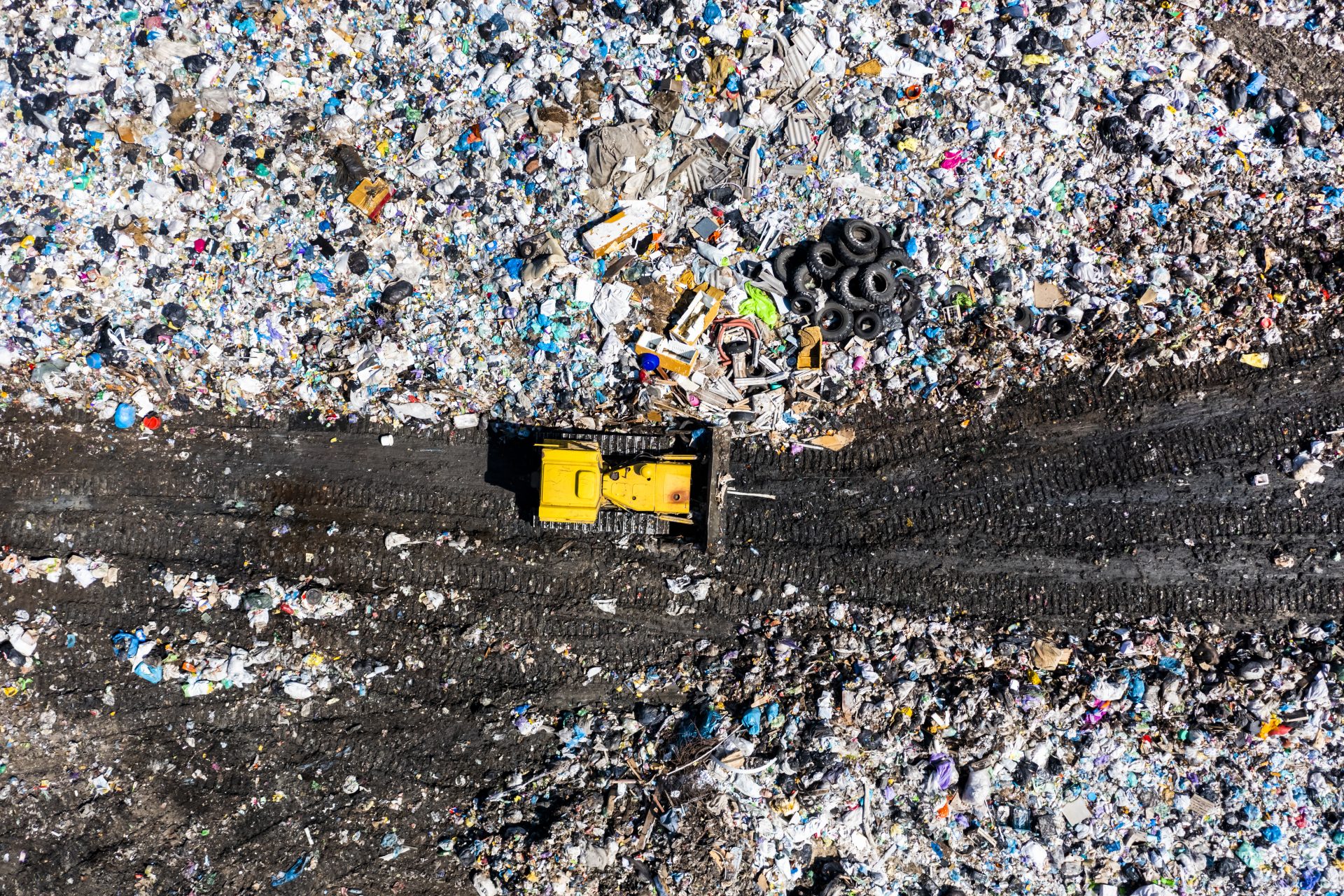Scientists discovered that pregnancy increases biological age
A study published in the Proceedings of the National Academy of Sciences concluded that pregnancy accelerates biological aging in young women.
The study found that each pregnancy can be linked to an additional two or three months of biological age, according to a recount by The Guardian.
According to The Washington Post, the study followed 825 young women from the Philippines; some were pregnant or had been, and others were not.
According to The Guardian, the study found that women age about two to three biological months after pregnancy. Women who reported being pregnant more often during a six-year follow-up period aged more.
The study accounted for external elements that might also affect biological aging but discovered that pregnancy affected women equally despite those factors.
According to The Guardian, the study controlled for habits like smoking and diet and social factors like income, poverty, and healthcare access.
The researchers also followed a group of 910 men of the same age who fathered pregnancies and could not find the same ageing they found in their female counterparts.
Using blood samples, the researchers monitored the biological age of the subjects using epigenetic markers, which can determine the age of the cells, which is sometimes different from our age according to birth.
Calen Ryan, the study's lead author and an associate research scientist at the Columbia Aging Center, told The Guardian that the study is the first of its kind.
Ryan also explained that the study concentrated on women in late adolescence to investigate the effects of pregnancy on their growing bodies, which could have affected the results.
Ryan admitted that there were still many questions to answer, especially regarding the long-term consequences that biological aging could have on women's bodies.
That is not the only study that has found pregnancy to advance women's biological age. According to The Washington Post, an investigation published in Cell Metabolism had a similar result.
However, the second investigation also suggested that post-partum processes might reverse that aging, especially in women who breastfed, the newspaper explained.
More for you
Top Stories



